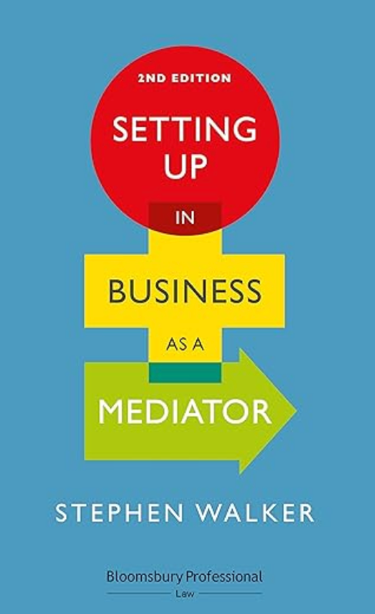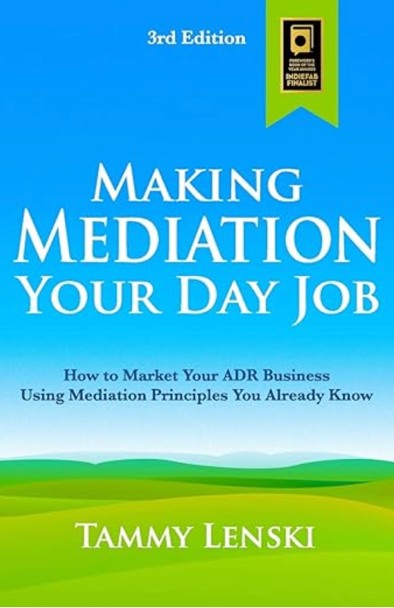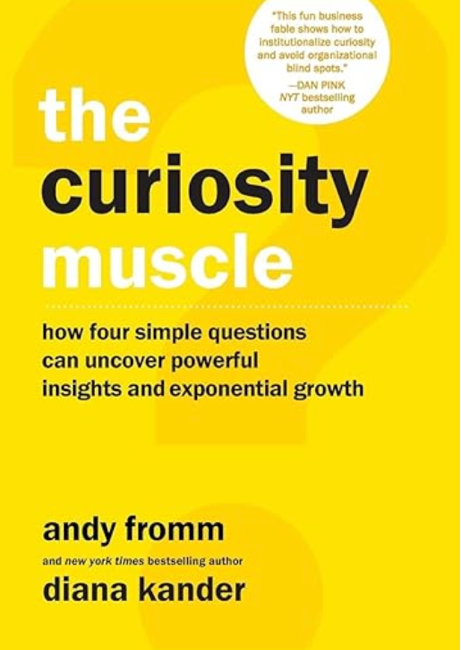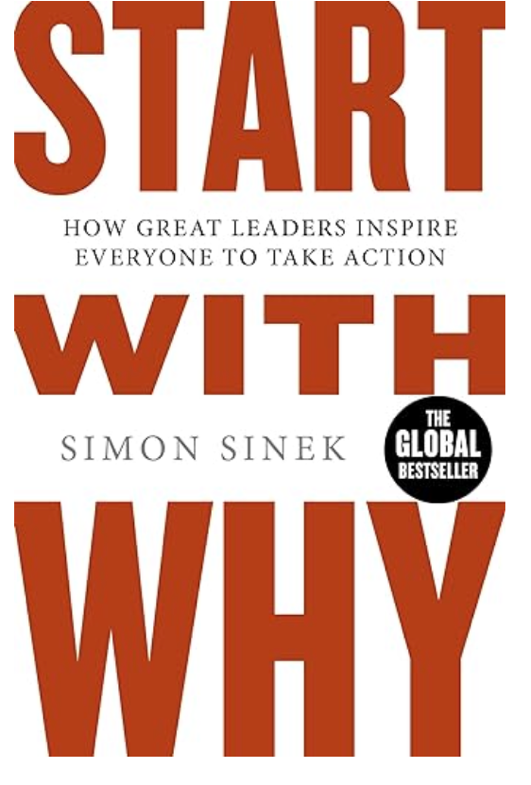There is rarely time in a mediation or conflict coaching training program to discuss the practicalities of setting up your practice. In fact, completing the training and passing your accreditation assessment is only the first step. Following your training, you need to stay informed about developments in the field and continuously improve your skills. You also need to learn how to set up and market your practice. This can sometimes be the most challenging part. Here are some broad tips to get you started.
1. Ensure that you have a business mindset.
Stephen Walker, an English mediator who runs The Academy of Experts, believes that mediation is a “business” rather than a profession or a calling, and that you need to have this mindset if you want to be able to develop and market your mediation business.

While this might sound a little cynical, his point is essentially sound – no amount of good intentions or desire to create world peace is going to be enough in itself to enable you to make a living out of mediation.
2. Use your conflict-related skills “beyond the table”.
People who are trained in conflict-related skills have an advantage in marketing! Tammy Lenski, author of Making Mediation Your Day Job says: “Old-school marketing is about one-way communication and trying to persuade your market to buy what you offer. Today’s marketing is about two-way communication between you and your market. It’s about learning from your market and adjusting your services accordingly. When you engage your market in a two-way conversation, you listen and learn. You give yourself the opportunity to really understand what they want and in what form.”

For a fun book about asking good questions to find out about your clients and what they need, check out The Curiosity Muscle.

3. Understand the particular challenges and opportunities of developing and marketing a conflict-related service.
I’ve written about these before in a previous blog/newsletter: https://conflictmanagementacademy.com/the-challenges-in-marketing-conflict-related-services/
You can do all the business development and marketing training you can find, but if that training does not take into account the attributes of the conflict-related-services field, it’s probably not going to help you succeed in this field.
4. Be clear about your “why”.
Before you do anything else, it’s fundamentally important that you are clear about why you want to build this business, and what success would look like for you.

This will provide you with guidance and clear boundaries for what you will and won’t invest time and money into. Otherwise, you run the risk of saying yes to everything, trying everything you can do build your business, without a clear purpose or strategy. Believe me, you’ll waste a lot of time, money and energy with this kind of scattered approach.
5. Create a business development / marketing plan.
Once you are clear about your “why” you can structure a business development and marketing plan with that focus. Many practitioners forget this part, and just hang out their shingle and hope for the best. However, to build a successful and sustainable business, with minimal risk and stress, it’s worth investing your time and energy into this planning stage. A business development and marketing plan will give you a structure, a map, a resource, and an accountability framework to maximise your chances of building your dream business (and lifestyle).

6. Be business ready.
There’s nothing worse than getting your first client and realising that you have no idea what to charge, how to invoice and get paid, and having to scramble around preparing agreements and other documentation so you can start the work. There are some key processes and documents that you need ready to go at the time you get your first client. Some other things can be built later on, as your business develops, but some things can’t wait. You need to hit the ground running with professionalism and ease.

7. Ensure that you have the right support.
While some people manage to set up their businesses totally on their own, most successful practitioners had the support of a mentor, a business coach, supervisor, or colleagues. There is nothing like the wisdom of those who have gone before you, so ensure that you connect with people who have the knowledge and who are willing to share.

8. Attend our Ten Top Tips for the new practitioner webinar!
OK, a bit cheeky I know, but following on from point 7, we at The Conflict Management Academy are here to support you in your business development and marketing. We are offering a two-hour webinar on Monday 18th March to share our ten top tips (in addition to the ones mentioned above).
Whether you’re seeking guidance on navigating the conflict resolution industry, setting up a new practice, or developing your existing business, this webinar is for you. We’ll be revealing ten top tips that are crucial for your success—insights that go beyond the classroom and delve into the practical aspects of building a thriving practice. Topics include navigating the complexities of setting up your practice, mastering the art of client acquisition, marketing your services, and more!

Find out more and register here:
https://conflictmanagementacademy.com/webinar-ten-tips-new-practitioner-registration/

